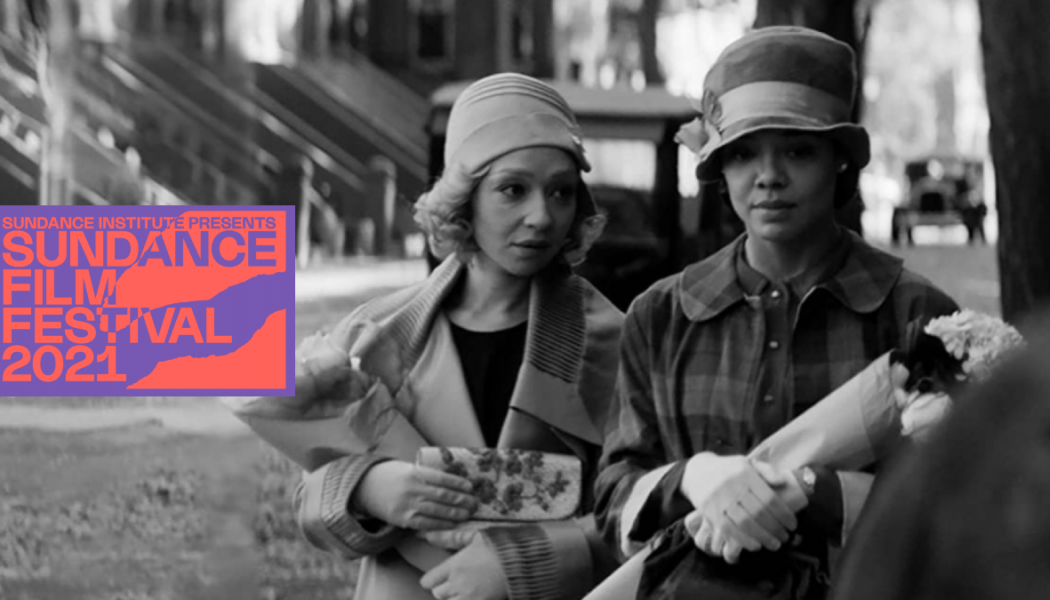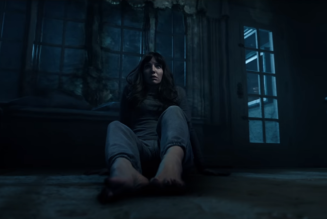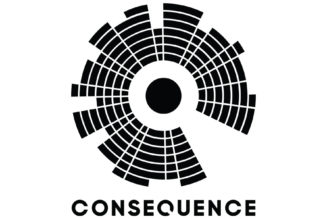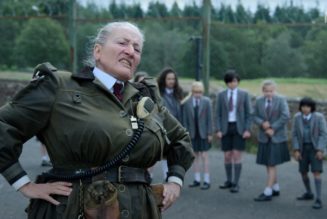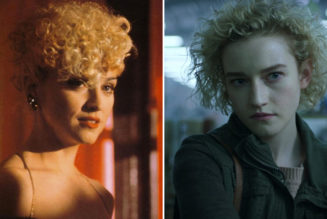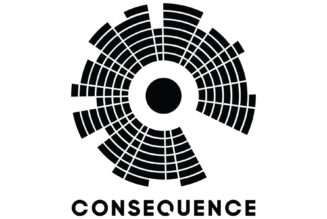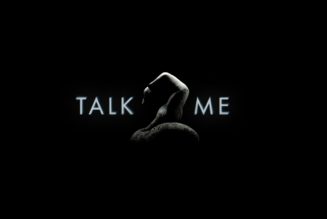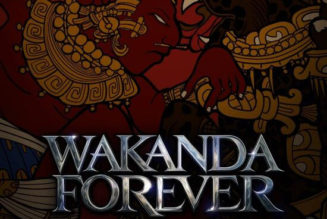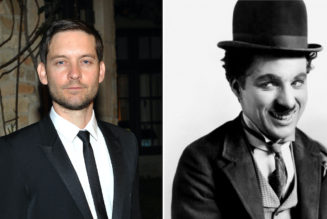
This review is part of our Sundance 2021 coverage.
The Pitch: Based on Nella Larsen’s 1929 novel of the same name, Passing follows Irene (Tessa Thompson) and Clare (Ruth Negga), two mixed-race women who can walk through life passing for white. While Clare revels in this, Irene wears it with disdain, and when the duo reunite, all hell breaks loose up in Harlem.
The Standout: It’s like director Rebecca Hall knew 2021 would be the perfect time to premiere her debut film at Sundance. Her first feature tackles the issue of colorism–something that’s so pervasive and transparent now more than ever. It’s a subject that’s previously been explored in films such as Queen, Imitation of Life, School Daze, and Skin, but Passing stands out by compounding the challenges of colorism and the violence of the female gaze with the complexities of queerness and classism.
As a first-time director, Hall constructs a film with stunning technical and aesthetic prowess. She thinks of everything down to the minute detail, where nothing you see is by accident, and no expense was spared. Hall clearly wanted to deliver the most faithful adaptation of Larsen’s novel, and while it’s a marvel to look at — and certainly carried by two magnetic performances — the story lacks the gravitas to confront the issues at hand and that keeps Passing from being truly great cinema.
Genuine or Opportunistic? The two aforementioned estranged friends from Chicago reunite at a hotel in New York. It’s here we learn Clare is married to John (Alexander Skarsgård), a white man, and has a daughter. On the flip side, Irene is married to Brian (Andre Holland), a Black doctor, and lives in Harlem with their two kids. Soon enough, Irene discovers John is racist, and that she and Clare are powerless to stop his insults as they hide under the guise of whiteness. Although Irene leaves the hotel assuming she’ll never see her friend again, Clare writes her letters begging for reconnection, especially with the culture she’s been isolated from.
After alerting Clare of the danger she puts herself in by coming to Harlem, Irene slowly lets Clare into her family and working life. At first, she’s enamored by Clare, but when Irene thinks her friend is possibly trying to steal her husband and lifestyle, her feelings shift to resentment. This creates a downward spiral of paranoia where no one can tell if Clare is having a genuinely freeing experience in her affection for Irene or if she’s being opportunistic and planning something sinister.
Whew! As you can see, there’s a lot going on into this film: colorism, marriage, family, classism, it’s all there. But every topic is addressed so nonchalantly and cynically that it’s difficult for the audience to latch on to any one thing. What’s most unclear, however, is if the tension that Irene feels around Clare is based on pure anger and jealousy, or if Claire passing as white and yet infringing on her personal space is the issue. Instead, the focus is on the queer aspects of their relationship–not just its sexuality, but the need to belong and be embraced.
Too Little, Too Late: In one scene, Irene and Clare are at a party, and the camera (through Irene’s eyes, mind you) pans down Clare’s backless dress. Irene grabs Clare’s hand — almost in a declaration of love — but the story quickly shifts the gaze from admiration to toxic desire. Irene obsesses over whether or not her husband is cheating. Clare doesn’t make it any better by popping up at inopportune times to be all up in Irene’s space without consent. This causes her to become contemptuous. It’s something the audience will see in Irene and her semi-permanent scowl, but it’s never expressed in words. Irene rarely speaks what she’s feeling out loud. Because of this, whatever the film is trying to expound upon is vague, it warrants too much unnecessary theorizing, and becomes downright exhausting.
There are some moments of reprieve. As the sole writer, Hall does right to avoid a stereotypical portrayal of mixed race women. Clare doesn’t accept tragedy, but triumphantly achieves her goal of amalgamation–even with the knowledge that the closer she gets to Blackness, the closer she is to death. By the end, Hall accentuates this fact when Clare is inching closer to the sixth-floor window. This notion is even embellished further when the song in the background chimes in — just as the camera is locked on to Clare’s face — and sings: “You are happy now!” It’s a small, but hopeful sign that she’s content no matter what lies ahead.
The Performances: Such raw emotion is shouldered by the performances of Thompson and Negga. The two complement one another by portraying characters that exist at opposite ends of the same spectrum. In the first 15 minutes of the film, when Irene meets Clare’s husband, Thompson is working that loud, fake devilish laugh that’s so diabolical it’s scary. She wears every inconvenience and every moment of stress on her face — it’s a career-defining work. Negga is similarly sublime in this role, proving yet again she’s far too underutilized by Hollywood. In each scene, she bulldozes as a ball of chaotic, saddity energy that is irresistible to look away from. It’s queer, it’s a little camp, and it’s impossible to get out of your head.
Editors’ Picks
The Verdict: Rebecca Hall is a director who understands film, and her vision is aided here by cinematographer Eduard Grau, who creates a palette that’s both clean and blurry. This is an immersive 1920’s movie-going experience: Everything from the language to the music, the set design, the costumes, even the way people dance is designed to make the viewer feel they are in 1929 and watching a film from 1929. And while the screenplay doesn’t follow the novel to the letter, it’s admittedly a spirited first attempt given that the narrative itself is a tall order for anyone to overcome. Nevertheless, there just isn’t enough clarity to properly gauge what Passing is trying to say and who it’s for beyond the dazzling portraits and memorable performances.
